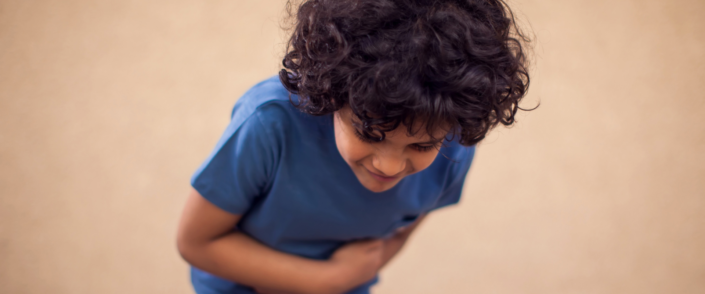As parents or caregivers, keeping children safe is our top priority. However, despite our best efforts, accidents can happen. One of the most common accidents that can be prevented is unintentional poisoning from medication.
It’s important to understand that medicines are not sweets and should be treated with care. In fact, according to the Centers for Disease Control and Prevention (CDC), medicines are the leading cause of child poisoning deaths. Therefore, it’s crucial to take extra precautions to ensure that medications are stored safely out of reach of children.
Here are some tips to help keep your child safe when it comes to medicines:
Store Medications Properly: Keep all medications in their original containers and store them out of reach of children. Make sure the lids are tightly secured and that the containers are stored in a locked cabinet or in a high, hard-to-reach area. Avoid leaving medications on counters, bedside tables, or other easily accessible areas.
Be Mindful of Guests: If you have guests in your home, make sure they also store their medications out of reach of children. Encourage them to keep their medications in their bags or luggage, which should be stored in a safe place.
Dispose of Medications Properly: Check the expiration dates of all medications and dispose of any that are outdated or no longer needed. Never flush medications down the toilet or throw them in the trash, as this can harm the environment. Instead, take them to a designated medication drop-off location, such as a pharmacy or police station.
Educate Your Child: Teach your child about the dangers of medications and explain that they should never take any medication without an adult’s permission. Also, teach your child to always ask an adult before putting anything in their mouth.
Be Prepared: Accidents can still happen, even when precautions are taken. Be prepared by keeping the number for Poison Control (0861 555 777) readily available. Post it in a prominent location in your home, such as on the refrigerator, and program it into your phone.
- Call 10111 if your child is unconscious and start CPR if your child is not breathing.
Remember, prevention is the key to keeping children safe from accidental poisoning. By taking these simple steps, you can help ensure that your child stays healthy and happy.
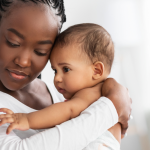
Nanny and Childminder CPR and First Aid Course
Nanny / Childminder CPR & First Aid Course As a parent, it is important that the person looking after your child has the skills to handle an emergency at home. Whether your child is in the care of a nanny or childminder, it’s crucial to ensure they are equipped with

Online Baby & Child CPR and First Aid Course
Online Baby And Child CPR And First Aid Course Empower yourself to handle emergencies with our comprehensive Online Course. Perfect for new and expectant parents, grandparents, childminders, and anyone caring for young ones. Learn crucial First Aid skills and lifesaving CPR techniques led by owner and founder of Survival CPR®,
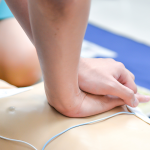
BLS (Basic Life Support) Course
Basic Life Support Course This American Heart Association Course is designed for medical professionals (physiotherapists, chiropractors, homeopaths, doctors, nurses, dentists, pharmacists etc), who are registered with the Health Professions Council of South Africa. Course Cost Members of the public are also allowed to attend this Course R 1450 Acquire10 CPD
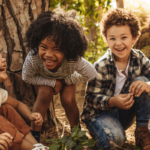
Pre-School to High School CPR and First Aid Courses
Pre-School to High School CPR and First Aid Courses Ensure the safety of young lives with our comprehensive CPR and First Aid Course. This vital training is tailored to the unique needs of Preschool, Primary School, and High School staff, empowering them to respond effectively to accidents and medical emergencies.
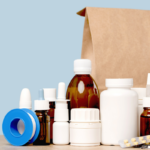
Safe Administration and Storage Of Medications In Schools
Safe Administration and Storage Of Medications In Schools Course This course is tailor-made for the school setting, educators and affiliated staff. You will also learn how to handle certain emergency situations as well as life saving CPR skills. This course is a must for all schools. Enrol now to gain
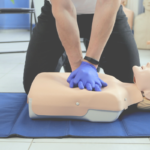
Level 1 First Aid Course
Level 1 First Aid Course Any workplace with more than ten employees must have a trained first aider and first aid supplies on the premises, according to the Occupational Health and Safety Act. We offer you a First Aid accredited Course. Course Cost accredited by HWSETA and aligned to Unit
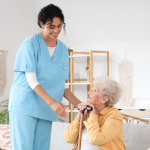
Caregiver Course
Caregiver Course Are you passionate about helping others? Our Caregiver Course equips you with the skills and knowledge needed to provide compassionate care to a diverse range of individuals, including babies, the elderly, patients with Alzheimer’s or dementia, the terminally ill, paraplegic individuals, stroke survivors, and so much more. Course
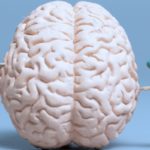
The Importance of learning First Aid if your child has a brain injury
As parents, our greatest wish is to provide our children with a safe and nurturing environment, ensuring they have the opportunities and care we may not have experienced ourselves. We navigate through their milestones, holding their hands as they learn to walk, climb, and explore the world around them. However,

The Importance of Learning CPR and First Aid for Teenagers
As parents, learning CPR and first aid is not just about personal readiness; it’s a powerful tool in ensuring the safety and well-being of our adolescent children. Here’s why it’s crucial for parents to acquire these life-saving skills for their teenage children. Sister Catherine writes about the importance of learning


